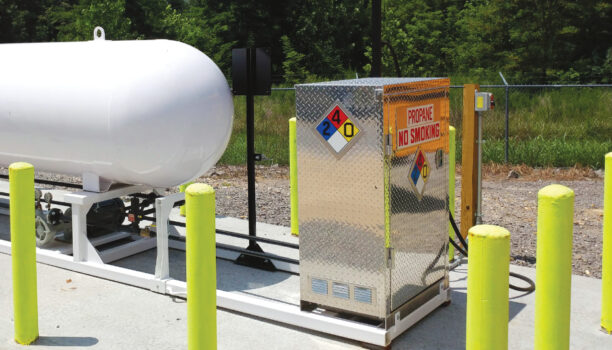Tech Advances and Propane Use
Technological progress profoundly affects how industries, including the propane sector, operate and change. These advances are reshaping propane usage in a number of ways. They include: 1. Efficiency Improvements Technological advancements have led to more efficient propane appliances and systems, reducing the amount needed for the same output. This shift lowers costs for consumers and… Continue reading Tech Advances and Propane Use
Technological progress profoundly affects how industries, including the propane sector, operate and change. These advances are reshaping propane usage in a number of ways. They include:
1. Efficiency Improvements
Technological advancements have led to more efficient propane appliances and systems, reducing the amount needed for the same output. This shift lowers costs for consumers and impacts the total volume of propane used across markets.
2. Smart Monitoring Systems
The introduction of technology in propane monitoring allows for real-time tracking of propane levels, consumption patterns, and even leak detection. These innovations enable more precise delivery scheduling and usage optimization, enhancing customer service and operational efficiency.
3. Alternative Energy Competition
As technology advances, alternative energy sources such as solar and wind power become more viable, competing with traditional propane usage. The propane industry must adapt, finding innovative ways to integrate with these alternatives or highlight propane’s unique benefits.
4. Environmental Technologies
Emerging technologies focused on reducing environmental impact are influencing the propane sector. Carbon capture and storage developments, along with more stringent environmental regulations, push the industry towards cleaner and more sustainable practices.
5. Transportation Developments
In the transportation sector, technological advances are opening new avenues for propane usage, particularly in fleet vehicles and public transportation. Propane’s appeal lies in its lower emissions than traditional fuels, coupled with advancements in engine technology and fuel storage systems.
6. Market Dynamics
Technological advancements are also altering the supply chain and market dynamics for propane. Improved logistics, forecasting models, and market analysis tools enable suppliers to manage inventory better, predict demand, and set prices, affecting how propane is bought and sold.
Changes that Challenge
Technological advancements are significantly impacting propane usage, driving efficiency, and prompting shifts in market dynamics. These changes challenge the propane industry to innovate and adapt, ensuring its relevance in an increasingly tech-driven world.

